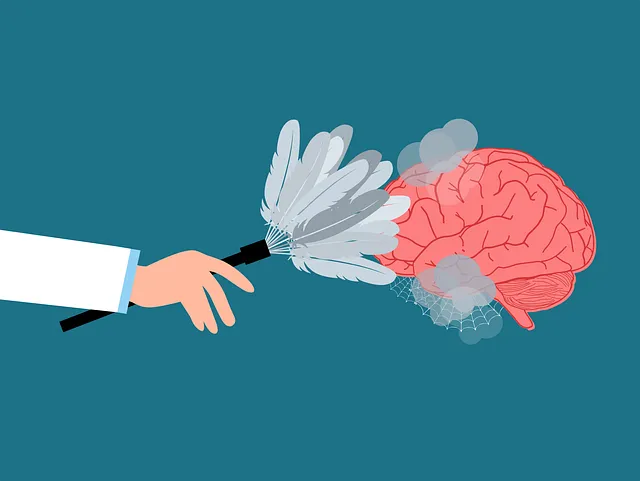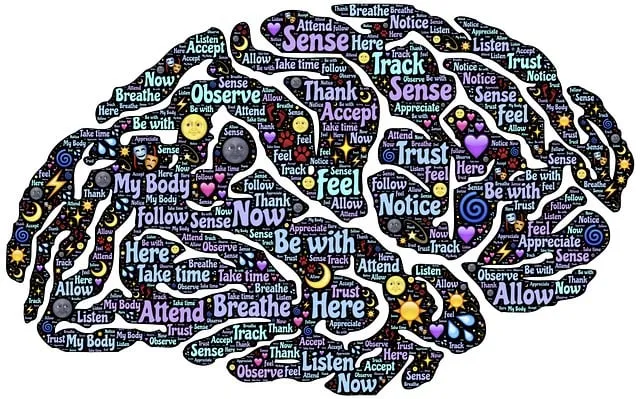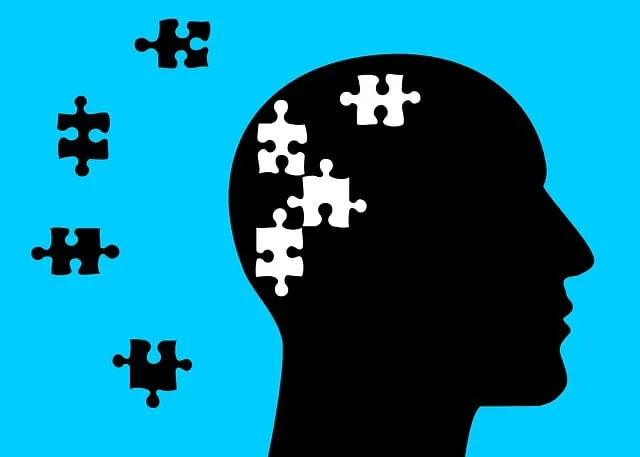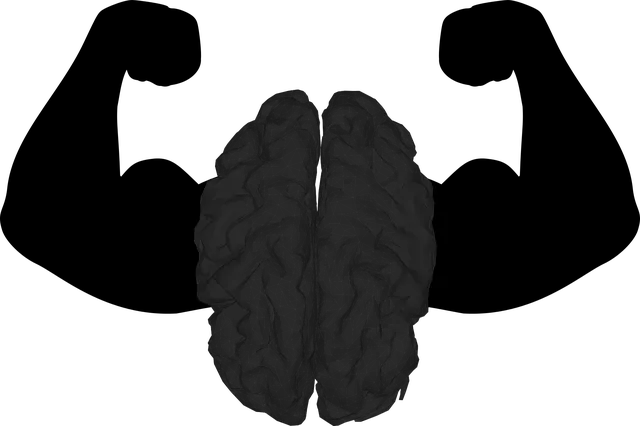The Golden Kaiser Permanente behavioral health center is pioneering personalized mental wellness coaching programs to address the growing demand for specialized care in a fast-paced world. By integrating Mind Over Matter Principles, these programs empower individuals to manage stress and prevent burnout, leveraging evidence-based practices, cultural competency, and risk assessment. Their multi-faceted approach includes community engagement, educational initiatives, and policy advocacy, setting a high standard for mental health support. Through strategic planning, structured access, and continuous evaluation, the center ensures their programs remain dynamic and effective in enhancing client well-being.
Mental wellness coaching programs are gaining prominence as essential tools for promoting holistic well-being. This article delves into the development of such programs, highlighting a successful model from the Golden Kaiser Permanente Behavioral Health Center. We explore the need for these initiatives, dissect an effective coaching intervention strategy, and present implementation, evaluation, and improvement techniques. By drawing insights from this renowned center, we offer valuable guidance to organizations aiming to enhance mental wellness through personalized coaching.
- Understanding the Need for Mental Wellness Coaching Programs
- The Golden Kaiser Permanente Behavioral Health Center Model
- Designing Effective Coaching Interventions
- Implementation, Evaluation, and Continuous Improvement Strategies
Understanding the Need for Mental Wellness Coaching Programs

In today’s fast-paced world, mental wellness has become a paramount concern for individuals navigating the challenges of modern life. The Golden Kaiser Permanente behavioral health center highlights the growing need for comprehensive support systems that cater to the complex needs of people’s minds and emotions. Traditional healthcare often falls short in addressing the subtleties and nuances of mental well-being, leaving a gap that specialized programs like mental wellness coaching can fill. By integrating Mind Over Matter Principles, these initiatives empower individuals to take control of their psychological health.
Burnout prevention is another critical aspect that mental wellness coaching programs aim to address. With increasing work pressures and escalating demands on personal time, many people struggle with feelings of exhaustion, cynicism, and ineffectiveness. Resilience building, a key component of these coaching sessions, equips individuals with the tools necessary to bounce back from setbacks, fostering a sense of strength and adaptability. This proactive approach to mental wellness is transforming lives, offering individuals the resources to thrive in a stressful world.
The Golden Kaiser Permanente Behavioral Health Center Model

The Golden Kaiser Permanente Behavioral Health Center Model serves as a beacon of innovation in mental wellness coaching programs. This center has been praised for its holistic approach, integrating various therapeutic modalities and support services to address the complex needs of individuals seeking mental health improvement. By focusing on both the mind and body, the program fosters mental health awareness and promotes resilience building, essential components for long-term well-being.
The model’s success lies in its comprehensive strategy that goes beyond traditional therapy. It incorporates community engagement, education initiatives, and policy analysis and advocacy to address systemic barriers impacting mental health. This multi-faceted approach ensures that individuals not only receive personalized coaching but also gain the tools and resources needed to navigate life’s challenges effectively. The Golden Kaiser Permanente Behavioral Health Center sets a benchmark for future programs by demonstrating the power of integrated care in transforming lives and contributing to a more supportive mental health policy environment.
Designing Effective Coaching Interventions

The development of mental wellness coaching programs requires a strategic approach to designing effective interventions that cater to diverse individual needs. At the Golden Kaiser Permanente behavioral health center, for instance, coaches play a pivotal role in supporting clients’ journey towards improved mental health and well-being. These interventions should be tailored to address specific challenges, such as anxiety relief, while incorporating evidence-based practices. Incorporating elements of cultural competency training for healthcare providers ensures that coaching strategies are inclusive and relevant to clients from various backgrounds.
By integrating risk assessment techniques into the coaching process, mental health professionals can proactively identify and manage potential risks, ensuring client safety and enhancing the effectiveness of interventions. This holistic approach, which combines personalized support with a deep understanding of cultural nuances and risk factors, forms the backbone of successful mental wellness coaching programs.
Implementation, Evaluation, and Continuous Improvement Strategies

Implementing a mental wellness coaching program requires careful strategy and planning. At the Golden Kaiser Permanente behavioral health center, this involves creating structured pathways for clients to access services, integrating evidence-based practices, and tailoring programs to meet diverse needs. Regular training sessions for coaches ensure they are equipped with the latest techniques in cognitive-behavioral therapy, mindfulness exercises, and crisis intervention guidance, fostering a supportive environment that promotes self-awareness exercises and mental health awareness.
Evaluation is a cornerstone of continuous improvement. The center employs data-driven methods to assess program effectiveness, using feedback from clients, staff, and coaches to refine processes. By analyzing outcomes related to reduced symptoms, improved coping skills, and increased satisfaction, the Golden Kaiser Permanente behavioral health center can identify areas needing enhancement. This iterative process encourages innovation, ensuring the program remains dynamic and responsive to evolving mental health needs, ultimately offering unparalleled support for client well-being.
Mental wellness coaching programs, like the successful model at the Golden Kaiser Permanente Behavioral Health Center, offer a promising approach to addressing the growing need for mental health support. By integrating effective coaching interventions, these programs can significantly improve individual well-being and overall community resilience. Implementation strategies that focus on continuous evaluation and improvement ensure their longevity and impact. As we navigate the complex landscape of mental health care, embracing innovative models like this is crucial in fostering healthier and more sustainable communities.






